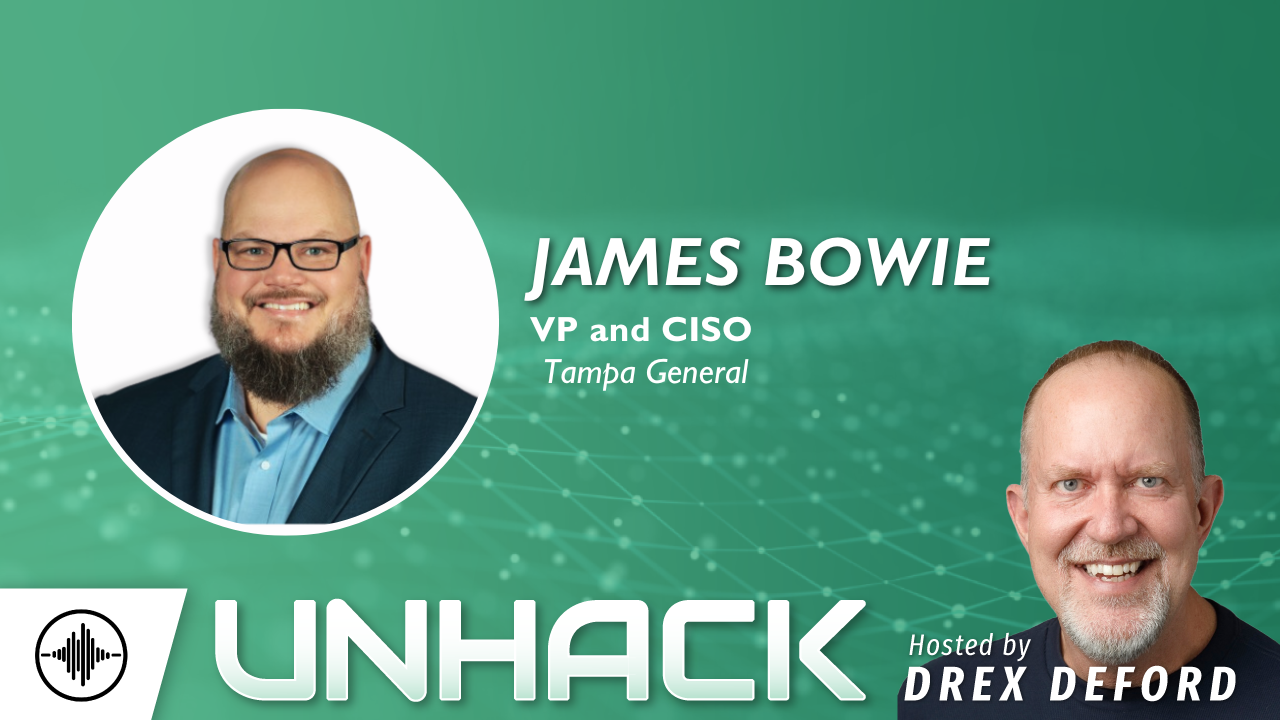






July 21, 2025
The Electronic Health Record Association (EHRA) has urged the Department of Health and Human Services (HHS) to reform outdated regulations that hinder healthcare innovation, particularly regarding EHRs. In their comments on the HHS's request for information, the EHRA argues that classifying EHR systems as medical devices overlaps regulatory authority and discourages investment in essential health technologies. They specifically call for the rescission of the FDA's 2022 guidance on clinical decision support software, citing that it lacks legal clarity and undermines the goals of the 21st Century Cures Act. By advocating for these changes, the EHRA emphasizes the importance of aligning regulations with contemporary health technology advancements to enhance public health and value-based care efforts.
EHRA Urges HHS to Reform Outdated Health Record Regulations Healthcare IT News
July 20, 2025
At the Children's Hospital of Philadelphia, Dr. Stephon Proctor has developed CHIPPER, an EHR Virtual Agent integrated into the Epic system, significantly enhancing clinical workflows by incorporating a HIPAA-compliant large language model. This tool allows clinicians to access real-time patient data and various external resources without switching applications, thus streamlining their work processes. Developed in collaboration with Microsoft, CHIPPER leverages advanced technologies to demonstrate how effective digital solutions can emerge even from smaller teams. The innovation not only showcases the practical use of AI in healthcare but also highlights the importance of integrating technology within existing systems to improve efficiency and patient care.
CHOP Revolutionizes EHR with AI-Powered CHIPPER Virtual Assistant Integration LinkedIn
July 20, 2025
to emerge, healthcare professionals face mounting challenges in ensuring that these innovations are effectively integrated into clinical practice. Edwina Bhaskaran emphasizes the significance of her "STICKY" framework, which helps IT teams critically assess the success of implemented changes and their long-term adoption. This structured approach not only helps identify subtle signs of failure but also fosters a culture of reflection within teams, ultimately enhancing the efficacy of healthcare technology solutions. As the healthcare landscape evolves, adopting such frameworks becomes crucial to maximizing the benefits of new technologies for patient care.
Revitalize Healthcare IT Success with Bhaskarans STICKY Framework linkedin.com
July 20, 2025
Health systems navigating post-merger or acquisition IT integrations find success by embedding IT and digital leaders from the outset, establishing governance frameworks, and adopting structured, human-centered strategies that balance business objectives with cultural alignment. Leaders emphasize beginning integration efforts by engaging personnel—listening to their needs, honoring existing systems, and avoiding hasty “rip-and-replace” tactics—while aligning technical roadmaps with clinical and operational value. Successes hinge on early wins, clear stakeholder roles, and cross‑functional teams that build trust, maintain morale, and focus on shared goals. Financial prudence also plays a pivotal role: transitioning to more cost-effective systems has yielded savings of up to 90%, while maintaining staffing and leveraging IT to reinforce strategy rather than merely serve operations.
Strategic IT Integration Key to Successful Healthcare Mergers Becker's Hospital Review


© Copyright 2024 Health Lyrics All rights reserved